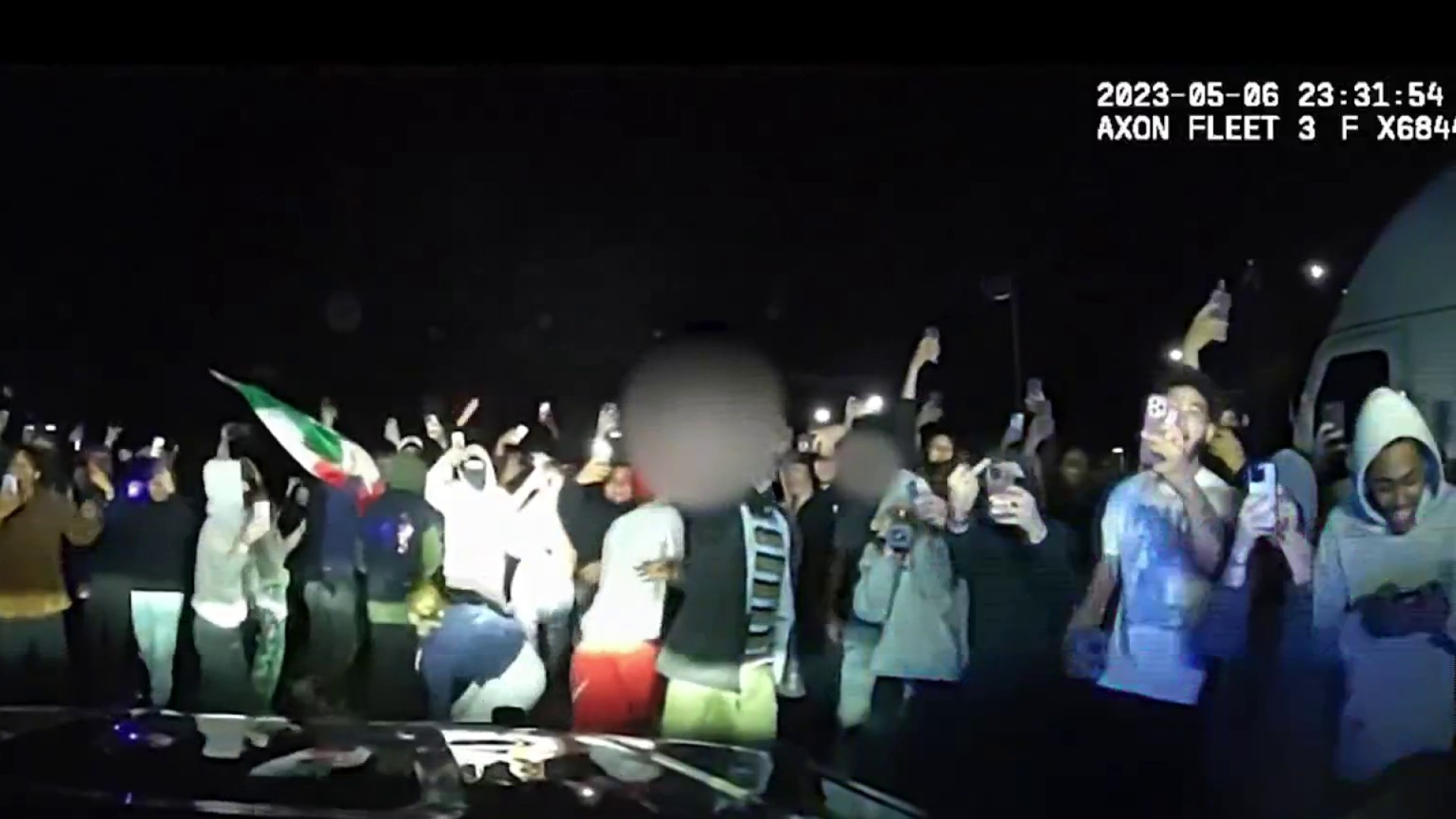It's a big announcement that led to an even bigger job to make it a reality.
The State of Connecticut is getting $42 million in federal funding to connect 10,000 underserved homes to high speed internet.
So, how long will it take to built that out and is that even enough money to finish the job?
NBC Connecticut's Mike Hydeck spoke with Department of Energy and Environmental Protection Commissioner Katie Dykes about it.
Get Connecticut local news, weather forecasts and entertainment stories to your inbox. Sign up for NBC Connecticut newsletters.
Mike Hydeck: So one of the most recent studies that was championed by our congressional delegation shows 20% of Connecticut possibly is without broadband. Is $42 million from the American Rescue Plan money enough to connect 20% of our state?
Katie Dykes: I'll say $42 million is a really great head start. This is unprecedented amount of funding that we've had in our state to help expand broadband access in an equitable way, but it's just the beginning. In addition to this funding, which is coming through the American Rescue Plan, we are also hard at work on securing about $100 million of funding and possibly more that will come for broadband through the Bipartisan Infrastructure Law. But we're really excited to be implementing this program and getting off the ground.
Mike Hydeck: Hopefully, we do get that extra money. So logistics alone, first off finding who doesn't have broadband. So you're going to rural areas, you're going in the middle of cities, and the provider that's closest to offer that service, is a huge task. Is there actually a statewide mapping project underway at this point?
Face the Facts
Face the Facts with NBC Connecticut goes beyond the headlines, asking newsmakers the tough questions, giving an in-depth analysis of the big stories.
Katie Dykes: Well, I have to credit the governor and the legislature for their foresight. About two years ago, they put in money in the budget to create an Office of State Broadband here at our department, as well as a fund at the Office of Personnel Management, to provide OPM to do a mapping initiative. So we can really drill down, not just at the sort of census tract level, but really block by block to understand who's got access and who doesn't. We know how important access to high speed broadband is, high speed internet is, as a result of the pandemic. People now can, you know, you can work from home, we have folks that were participating in telehealth visits, you know, this is an essential service that everyone needs. And in many parts of the state, we have great access. But in some communities, urban communities as well as rural areas, are still lagging behind. And that's what we want, to use these dollars to leverage the map and the new maps that will be coming towards the end of the year, to target these funds to those who need it the most.
Mike Hydeck: I started digging into the story about a year ago to try to find out how many people were working on the mapping project itself. And I found there was only maybe a handful at best. Has that expanded since then?
Katie Dykes: You know, it's a small team, but they're working hard at this. And I'll also note that the federal government, the FCC, has a parallel mapping effort that's underway as well. But again, for the first time, we will have access to this information. And we're really excited again, because the legislature supported getting this head start on that. We'll have the mapping information available towards the end of this year, as we look to launch this program with this $42 million in early 2023.
Mike Hydeck: So also, what is the state's process when it comes to contracting with broadband providers? We have many in our state. They'll all vie for these contracts, I'm sure if they want to build out the infrastructure. How do you go about separating the Comcasts of the world from all the other servers?
Katie Dykes: You got it. Well, we're going to be running an RFP to get the best proposals from all of the providers who want to be part of this program. And we'll be launching that soon. And through that, you know, we'll have an open door up to hear from all of those who might want to deliver new services. And then from that, we'll be able to choose among them and get our program moving forward. So all residents and businesses will be able to sign up for these programs.
Mike Hydeck: This is such a complex process. Also, in the offing right now, you know this because it's in the news regularly. There are so many infrastructure projects going around here in New England, across the country because of all this American Rescue Plan money and pandemic-related money. Roads, rails, extending airport runways. How are you going to find the crews to actually physically build out this system?
Katie Dykes: Building out our workforce is then something that the governor has been focused on over the last several years, including launching his workforce council. We have the career connection program and others have been working hard with our industry partners to make sure that we're able to have the workforce trained and ready to go as we implement these studies projects. But boy are these good problems to have. I mean, for so many years, we were struggling to have the dollars needed to invest in refurbishing our infrastructure. And now again, because of the budget fiscal stability that we've had in Connecticut plus support of our congressional delegation to bring this unprecedented amount of investment in infrastructure from Washington, it's a really exciting time. And at the Department of Energy and Environmental Protection, we're really excited to be a part of it.
Mike Hydeck: I got about 30 seconds. You want to get it started within the next six months or so, when do you view it being finished? Years down the road?
Katie Dykes: You know, that's a great question. I think that's something that we'll be looking for providers who respond to our RFP to give us their estimates about how long they think it will take them. And that will be, you know, one of the criteria that we'll use to judge because, look, we want to ensure that we get these, get homeowners, residents and businesses hooked up as quickly as possible. When you participate and get access, you will be able to take advantage of programs such as the FCC's Affordable Connectivity Program, which provides low income households with $30 per month off their internet bills. At least 10,000 homes and businesses, we estimate, will be able to get access on through this $42 million dollar investment at speeds that are 10 times faster than what people are likely getting now. So we can't wait. I'm just as excited as possible to get these dollars moving and get people access to high speed internet as quickly as we can.



